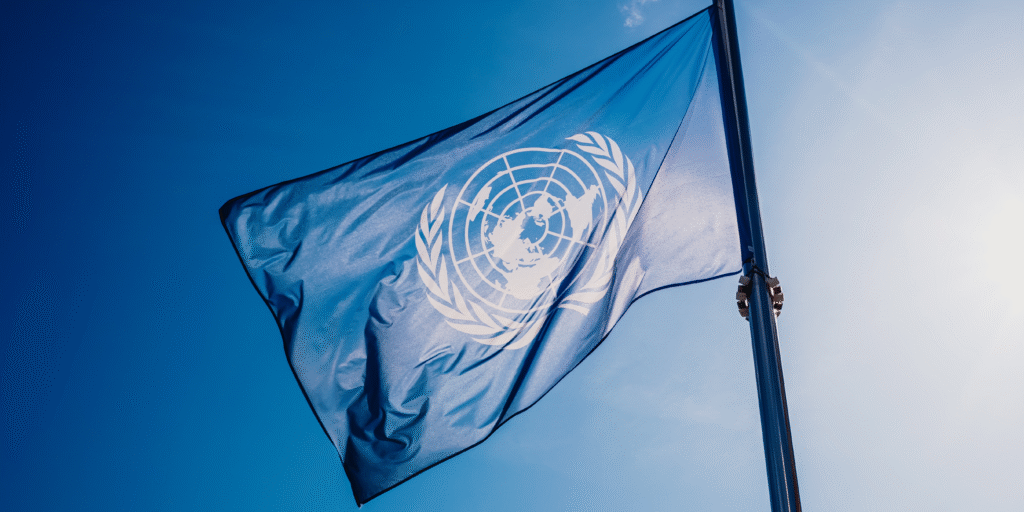

Close to one month ago, on 10 May, the UN’s Envoy on Technology published a consultation on their proposed Global Digital Compact (GDC), a global agreement which is expected to set out international regulations on the use of the cyber domain. So far, the consultation has received a mere five responses, only one of which is from the private sector.
With the objective of “outlining shared principles for an open, free and secure digital future for all”, the move towards the development of the Compact marks a collective effort by the international community to develop and enshrine norms and standards of ‘good behaviour’ on the internet. It is critical that stakeholders step up to contribute to the future of internet regulation, since the Compact will set out global norms and standards that all parties will be expected to adhere to. With a deadline of 30 September 2022, it is crucial that the private sector acts now to submit their inputs and set standards for others to follow in how they believe the future of the internet should look.
The GDC is a primary avenue for multi-stakeholder comprehensive views on the future of the internet, covering issues such as internet fragmentation, data protection, the application of human rights online, accountability criteria for discrimination and misleading content, promotion of AI regulation, and the digital commons. Its finalisation will overlap and feed into the UN’s WSIS 25+ Review – which will seek review and assess the future of internet governance post 2025.
An absence of inputs from industry will translate into a vacuum when UN member states begin negotiations on the final text of the GDC in October, leaving industry to the whims of state’s seeking ever increasing private sector liability. It will also provide those member states with evidence of the need to dilute the global multistakeholder governance model, by increasing the power and influence of states over global internet governance.
Access Partnership is working to identify points of agreement and divergence between various stakeholders and are working with partners to make meaningful contributions to the development of the GDC.
Reach out to the team for more information Global Digital Compact or for support on drafting and submitting personalised inputs. Please contact Gordon Mackay at [email protected], Luminita Tuchel at [email protected] or Bethany Marson at [email protected].